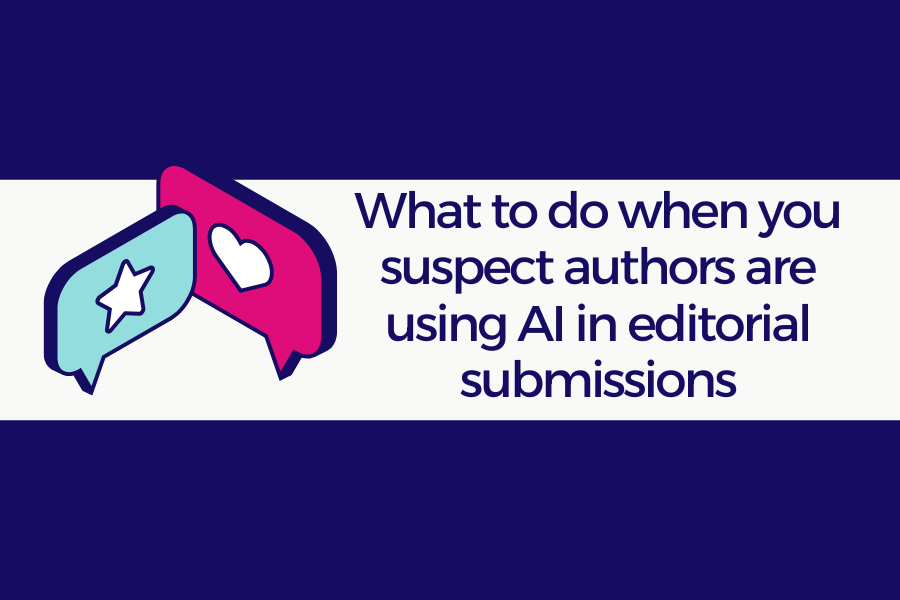Make your website user-friendly with these simple checks

Reflecting on years of proofreading experience, we've noticed there are three common factors with clients looking for a freelance website proofreader:
- They are often somewhat harassed and juggling multiple demands, sign-offs and deadlines.
- The content looks vastly different to how it did in the original source file.
- More than one person was involved in writing the content.
As the virtual face of your business, we know how important it is that your website reads correctly and is easy to navigate – but time is money too, and getting your site up and live is also crucial. Relying on a busy colleague or the website designer to give it a 'once over' is a risk too big to take. Proofreading websites is a specific type of service which covers not only typos but also things like broken links, SEO keywords, your tone of voice and overall user experience.
So, if you're thinking of hiring a freelance proofreader to check your website, but are not sure what to ask for, here are four key areas to focus on:
- Spelling and grammar
The importance of correct spelling and grammar cannot be overstated. These errors can significantly impact the perception of your professionalism. A website riddled with typos and grammatical mistakes will give the impression of carelessness. All written content on your website should be reviewed, from product descriptions to blog posts, ensuring that it is clear, concise and error-free. A freelance proofreader can inspect your copy with expert and fresh eyes. - Branding and tone
Consistency is key when it comes to branding and tone. Inconsistencies can create confusion and dilute your brand's impact. A proofreader can ensure your messaging aligns with your brand identity across all pages, paying attention to the consistency of tone as well – whether it's formal, casual or informative. - User experience
User experience plays a crucial role in your website's success. A proofreader can check for broken links, slow-loading or missing images, or any other technical issues that might hinder the user experience (although some web designers have software that does this, so it's worth checking before you add this to the brief). - SEO optimisation
Optimising your website for search engines is vital for attracting organic traffic. A well-optimised website is more likely to rank higher, increasing its chances of being discovered by a broader audience. The proofreader can check your meta titles, meta descriptions and keyword usage, ensuring your content is not only well-written but also includes relevant keywords to enhance its visibility in search engine results.
Employing a proofreader to check these elements for you will ensure your website reflects the level of professionalism and attention to detail that your audience expects – and gives you time to focus on all the other tasks before you launch. A proofreader can also work directly from your CMS – saving your designer crucial amending time.
The team at Ultimate Proof proofread websites of all sizes – from a few pages or blog articles to complex, multi-level websites. Even if your website has been live for a while, it might be worth getting a proofreader to have a look at it to identify any problem areas.
Find out more >> proofreading-services or get in touch for a quote.





